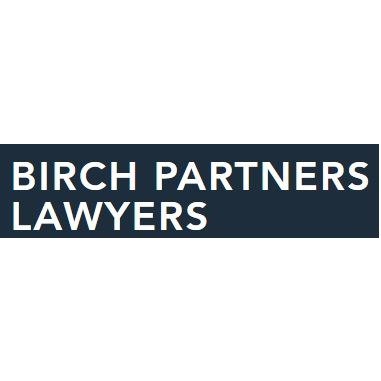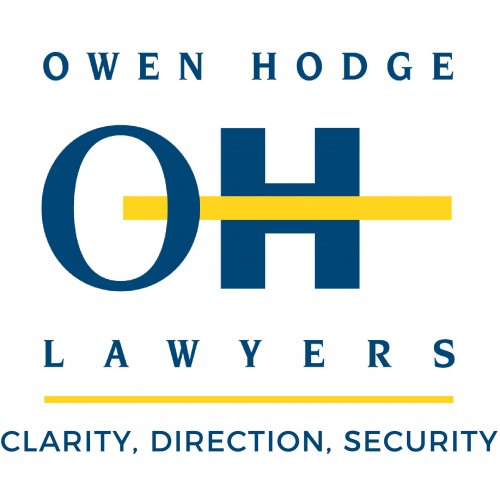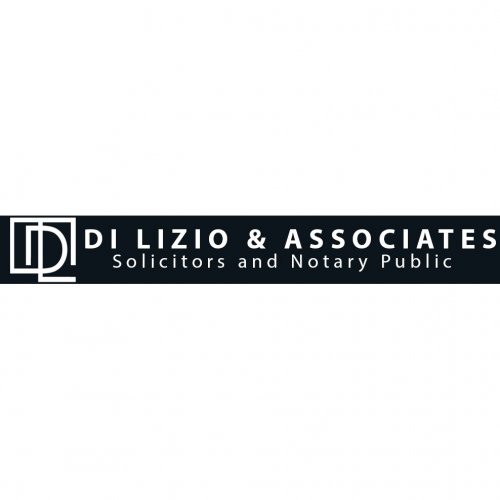Best Conveyancing Lawyers in Hurstville
Share your needs with us, get contacted by law firms.
Free. Takes 2 min.
Free Guide to Hiring a Real Estate Lawyer
List of the best lawyers in Hurstville, Australia
About Conveyancing Law in Hurstville, Australia
Conveyancing is the legal process of transferring ownership of property from one person or entity to another. In Hurstville, a vibrant suburb in southern Sydney, conveyancing is governed by New South Wales law and follows established protocols to ensure property transactions are valid and enforceable. Whether buying, selling, or transferring property, the process requires careful consideration of contracts, compliance with statutory obligations, and settlement arrangements. Professional conveyancers or lawyers often manage these transactions to protect the interests of all parties involved.
Why You May Need a Lawyer
You may need a lawyer during the conveyancing process for numerous reasons. Some common situations include:
- Complex property transactions involving off-the-plan purchases, subdivisions, or company titles.
- Unclear or disputed boundaries, easements, or encroachments.
- Contract negotiation and interpretation to ensure the document aligns with your interests and complies with New South Wales law.
- Issues concerning outstanding council rates, land tax, or other encumbrances attached to the property.
- Identification and rectification of issues found during searches or due diligence, such as illegal renovations or building work.
- Handling disputes that may arise between the buyer and seller prior to or after settlement.
- Guidance on tax implications, including stamp duty concessions, grants, or foreign ownership concerns.
- Assistance with finance arrangements and communicating with banks or lending institutions.
Engaging a conveyancing solicitor can ensure your interests are protected, avoid common pitfalls, and provide peace of mind throughout the transaction.
Local Laws Overview
Conveyancing in Hurstville is subject to New South Wales legislation, most notably the Conveyancing Act 1919 and the Real Property Act 1900. Key elements of local law include:
- Mandatory disclosure requirements: Sellers must disclose known defects, zoning regulations, and property risks.
- Use of the standard Contract for Sale and Purchase of Land, which outlines terms, conditions, and cooling-off periods as regulated by law.
- Prescribed vendor documents: A contract must contain relevant certificates, title searches, and council information.
- Stamp duty obligations: Buyers are responsible for stamp duty and must pay within set timeframes to avoid penalties.
- Foreign ownership restrictions: Additional surcharges may apply, and approvals are required for some transactions.
- The Torrens Title system: Most property in Hurstville uses this system, meaning ownership is registered and guaranteed by the NSW government.
- Electronic conveyancing: Transactions occur through PEXA, a secure online platform, which is now the dominant settlement method.
Local council regulations, zoning codes, and specific planning controls in Hurstville can also impact your transaction, making it essential to seek local legal expertise.
Frequently Asked Questions
What is the cooling-off period for residential property in Hurstville?
The cooling-off period is a five-business-day window after exchanging contracts during which the buyer can withdraw from the purchase, subject to a small penalty. Some exceptions and waivers apply, so legal advice is recommended.
What searches are undertaken during conveyancing?
Conveyancers typically conduct title searches, zoning and planning certificate checks, council rate checks, land tax clearance, and searches for any restrictions or encumbrances on the property.
How much does conveyancing cost in Hurstville?
Costs vary based on property complexity, but you can expect solicitor fees to range from 900 to 2000 AUD plus disbursements like searches and government charges.
Do I need to attend settlement in person?
Usually, you do not. Settlement is now primarily conducted electronically through PEXA by your solicitor or conveyancer.
What are the stamp duty requirements?
Stamp duty is payable by the buyer on most property transfers in New South Wales. Exemptions or concessions may apply for first home buyers or in certain other situations.
Can I handle conveyancing myself without a lawyer?
While self-conveyancing is legally permitted, it is not recommended due to the complexities and risks involved, especially regarding legal compliance and risk mitigation.
How long does the conveyancing process take?
Standard transactions usually take between 6 to 8 weeks from exchange of contracts to settlement, though timelines can vary depending on circumstances.
What if there are problems discovered at final inspection?
If issues are identified, your solicitor can negotiate with the other party to resolve disputes or delay settlement if necessary. It is critical to raise concerns before settlement occurs.
What documents do I need to provide when selling?
Sellers must provide a contract of sale, which includes title searches, certificates, and required disclosures including zoning, council, and water rates information.
What is electronic conveyancing?
Electronic conveyancing is the digital management of property transactions using platforms like PEXA. It allows for secure transfer of funds and digital lodgement of documents with Land Registry Services.
Additional Resources
If you need further information or support, these resources and organizations can provide valuable assistance:
- NSW Land Registry Services - Handles land title registrations in Hurstville and across New South Wales.
- NSW Fair Trading - Offers information on property transactions, consumer rights, and dispute resolution.
- Law Society of New South Wales - Provides a directory of qualified conveyancing solicitors and guidance on legal services.
- Georges River Council - Source of local planning controls, zoning certificates, and compliance information for properties in Hurstville.
- Revenue NSW - Information about stamp duty, grants, and related financial obligations on property purchases.
Next Steps
If you are considering buying, selling, or transferring property in Hurstville, it is recommended that you:
- Contact a qualified local conveyancing solicitor or licensed conveyancer as early as possible.
- Prepare all relevant documents, including identification, proof of ownership, and any records pertaining to the property.
- Arrange for up-to-date searches and certificates to be included in your contract of sale or purchase documentation.
- Seek clarity on any issues or concerns you have about the process, timelines, or obligations involved.
- Visit the websites or offices of the agencies listed above for additional guidance or to verify professional credentials.
Qualified legal assistance can smooth the conveyancing process, minimize potential risks, and ensure your interests are safeguarded throughout your property transaction in Hurstville.
Lawzana helps you find the best lawyers and law firms in Hurstville through a curated and pre-screened list of qualified legal professionals. Our platform offers rankings and detailed profiles of attorneys and law firms, allowing you to compare based on practice areas, including Conveyancing, experience, and client feedback.
Each profile includes a description of the firm's areas of practice, client reviews, team members and partners, year of establishment, spoken languages, office locations, contact information, social media presence, and any published articles or resources. Most firms on our platform speak English and are experienced in both local and international legal matters.
Get a quote from top-rated law firms in Hurstville, Australia — quickly, securely, and without unnecessary hassle.
Disclaimer:
The information provided on this page is for general informational purposes only and does not constitute legal advice. While we strive to ensure the accuracy and relevance of the content, legal information may change over time, and interpretations of the law can vary. You should always consult with a qualified legal professional for advice specific to your situation.
We disclaim all liability for actions taken or not taken based on the content of this page. If you believe any information is incorrect or outdated, please contact us, and we will review and update it where appropriate.










